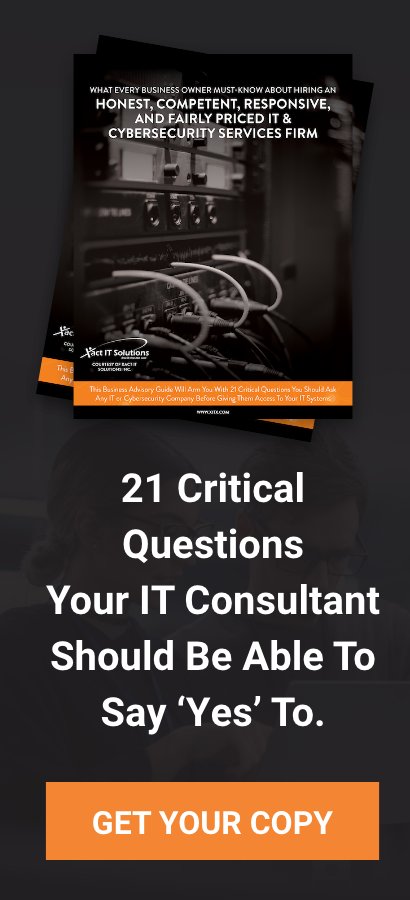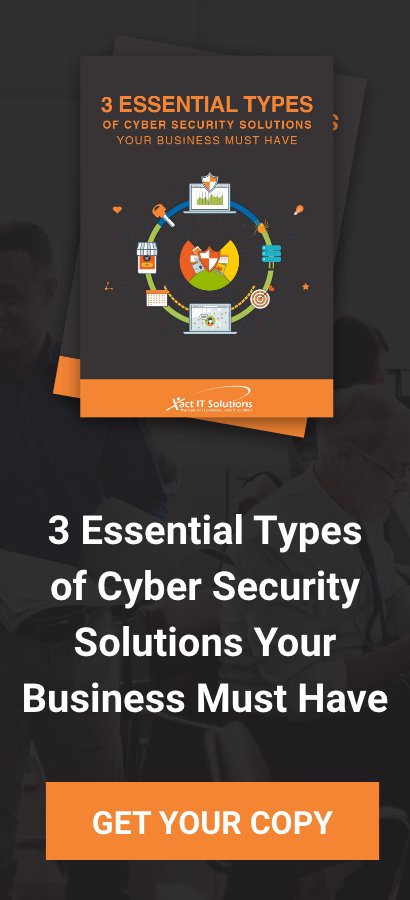Passwords are the first line of defense against unauthorized access to your online accounts. Whether it's your email, social media, or banking account, a weak password can expose your sensitive information to malicious hackers. In this blog post, we'll explore the importance of password security, the risks of using weak passwords, and the dangers of risky password behaviors.
Your First Line of Defense
Passwords are the most common authentication method used to verify your identity online. They act as a digital key to unlock your accounts and keep your personal information safe. Without a strong password, anyone can gain access to your accounts and potentially steal your identity, financial information, or confidential data.
Weak Passwords Have a High Probability of Getting Hacked
The most common password mistake people make is choosing weak passwords that are easy to guess. Many people still use common words, phrases, or personal information such as their birthdate or pet's name as their password. Hackers use sophisticated tools and techniques to guess these passwords and gain access to your accounts. In fact, according to a recent study, more than 80% of data breaches are caused by weak or stolen passwords.
Dangers of Risky Password Behaviors
Another common mistake is reusing passwords across multiple accounts or sharing them with others. This can increase the risk of your accounts being compromised if one password is exposed. Additionally, using public Wi-Fi or clicking on suspicious links can also expose your password to hackers. These risky behaviors can lead to devastating consequences, including identity theft, financial fraud, or even loss of reputation.
How to Improve Your Password Security
To improve your password security, you should follow these best practices:
- Use a strong password that is at least 12 characters long and includes a mix of uppercase and lowercase letters, numbers, and symbols.
- Avoid using personal information or common words as your password.
- Use different passwords for each account and enable multi-factor authentication whenever possible.
- Never share your password with anyone or write it down on paper.
- Be cautious when using public Wi-Fi or clicking on suspicious links.
Password security matters because it protects your first line of defense against online threats. By following these best practices, you can improve your password security and reduce the risk of your accounts being compromised. Remember, a strong password can go a long way in keeping your personal information safe.



